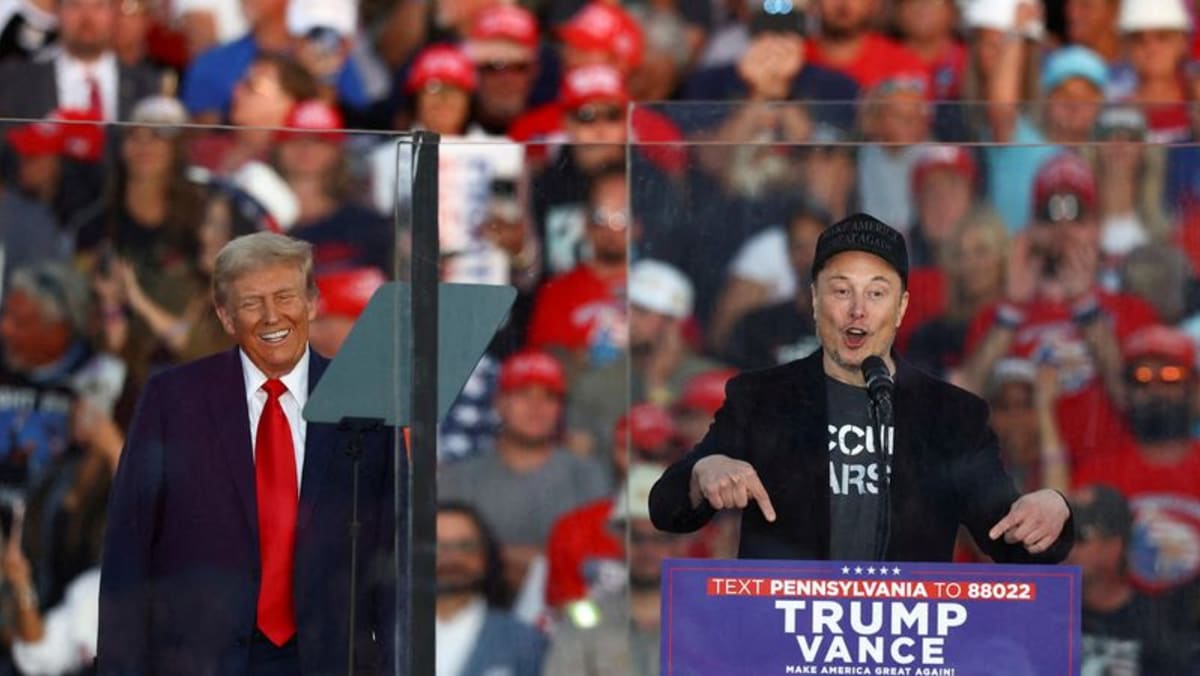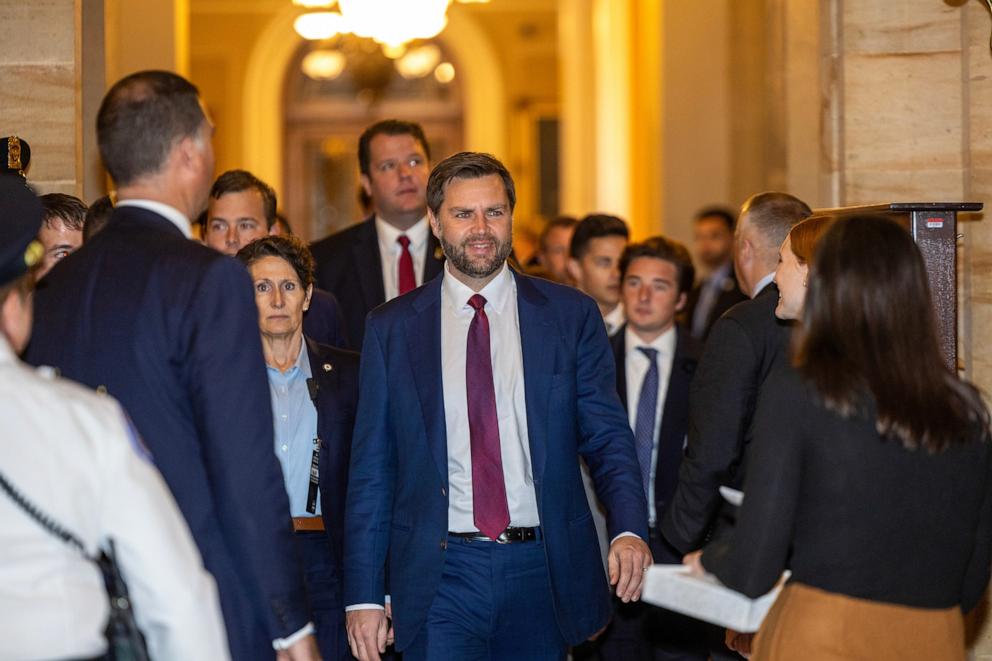G7 finance heads face tricky trade-off in debating steps to counter China

COUNTERING CHINA’S “ECONOMIC COERCION”
The United States is at the forefront of pushing for stronger steps against China. Treasury Secretary Janet Yellen said on Thursday many members of the G7 economies shared US concerns about China’s use of “economic coercion” against other countries, and were considering ways to counter such behaviour.
Germany is increasingly wary of China as a strategic rival and has considered steps to reassess bilateral ties, but is cautious of being seen as forging a G7 front against China.
Preliminary data provided to Reuters showed Germany’s direct investment in China continues to rise even as its government wants to “derisk” their relationship with Beijing.
While the G7 leaders’ summit next week could see debate on implementing targeted controls on investments in China, any screening of investments would be targeted to strategically important areas, a German government source said on Thursday.
The discussions among the finance leaders will lay the groundwork for the summit in Hiroshima.
Host Japan is cautious about the idea of outbound investment controls against China given the huge impact it could have on global trade and its own economy.
“Restricting outbound investment would be quite difficult,” said one of the officials, who spoke on condition of anonymity due to the sensitivity of the matter.
British Finance Minister Jeremy Hunt told the Nikkei newspaper on Thursday the G7 must counter China’s economic coercion, though made no mention of investment controls.
SUPPLY CHAIN DIVERSIFICATION
Another initiative to be endorsed by the G7 is to create partnerships with low and middle-income nations to diversify supply chains away from countries like China.
Japan has invited six non-G7 countries, including Brazil, India and Indonesia, for an outreach meeting on Friday where supply chain partnerships will be discussed.
Analysts, however, are sceptical about how effective such steps to counter China would be.
“It’s very difficult to leave China out given its economic might,” said Toru Nishihama, chief emerging market economist at Dai-ichi Life Research Institute. “Doing so could divide world trade, damage global growth and hurt G7 economies themselves.”
The G7 finance leaders are expected to issue a joint statement after their three-day meeting ends on Saturday.
Source: CNA















